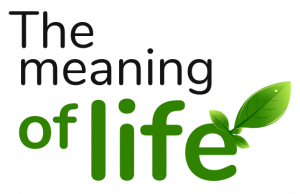A 65-year-old German woman has become the oldest woman alive to give birth to quadruplets as she today became a mother of 17 children.
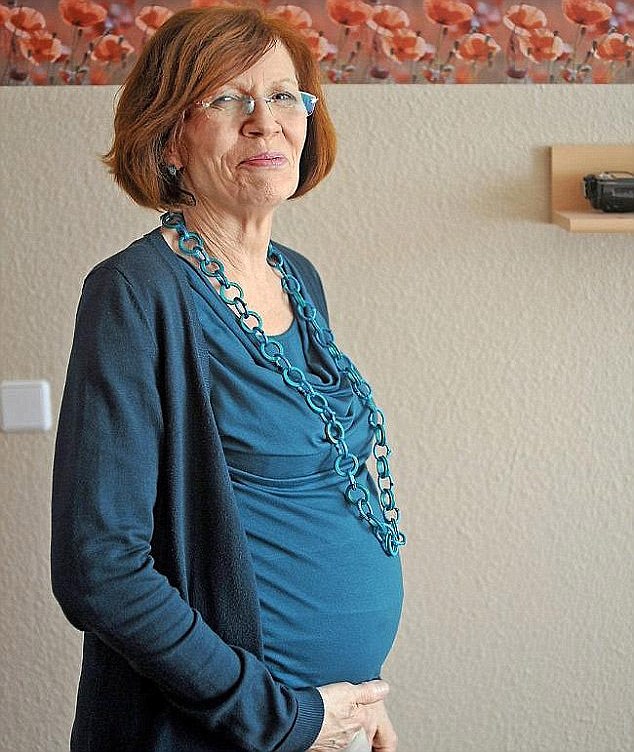
Primary school teacher Annegret Raunigk from Berlin, the senior citizen will create medical history when she becomes the oldest mother of four in a single birth in the world.
Must credit: RTL/Pfeiffer
Annegret Raunigk from Spandau, Berlin, Germany, was a retired primary school English and German language teacher. Married only once, she had 13 children sired by five different fathers.
Annegret Raunigk had three boys, Dries, Bence and Fjonn, and one girl, Neeta, born by caesarian on Tuesday after 26 weeks – 12 weeks less than the normal pregnancy term – and they weigh between one pound and seven ounces and two pounds and two ounces.
German television station RTL said in a statement that the four newborns stood a ‘strong chance of survival’ but possible complications couldn’t yet be ruled out because the babies are so premature.
She also has seven grandchildren and will be 70 years old by the time her youngest sons and daughters reach primary school.
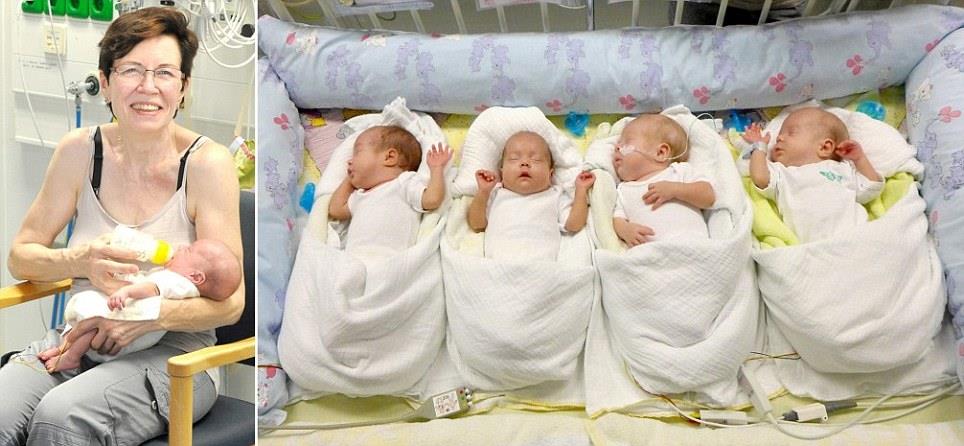
The decision prompted widespread criticism from mothers all over the world and doctors who were concerned that her body would not be strong enough to handle the pregnancy and birth.
Annegret had to undergo IVF treatment in the Ukraine to become pregnant again and it was the result of artificial insemination using a donated egg and sperm – a procedure which is illegal in Germnay.
Raunigk admitted she was taken aback when the ultrasound revealed she was carrying quadruplets. However, she was optimistic that she would be able to take care of them.
Her gynaecologist initially mentioned the possibility of a ‘selective reduction’ – where one or more fetuses are aborted in a multi-fetal pregnancy – because of the stress multiple babies would put her body under, but she declined.
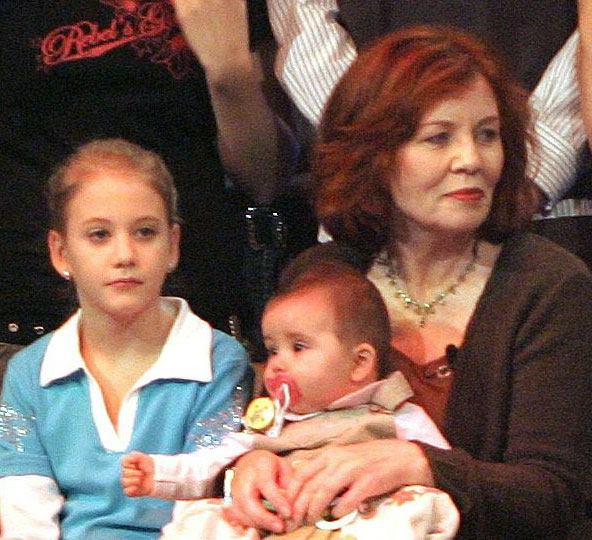
In May 2015, she gave birth to one girl and three boys,
born very premature, with her baby girl, Neeta, only 1lb 7oz. Raunigk’s other three preemie babies were also tiny — with Bence 1lb 8oz, Fjonn 1lb 10oz, and Dries 2lb 2oz.
The babies spent a long time connected to breathing tubes. Dries required surgery after developing fluid on his brain, but fortunately, he recovered through a procedure that diverted excess cerebral fluid to his abdomen.
Neeta also had an operation to repair a hole in her bowel. After spending three months in intensive care, the quadruplets were deemed strong and healthy to leave the hospital with their mother.
The four bundles of joy were greeted warmly by their older sister, Leila, who had convinced Raunigk to seek fertility treatment in Ukraine because she wanted a sibling to play with. Much to her excitement, she now had four younger siblings to keep her company.
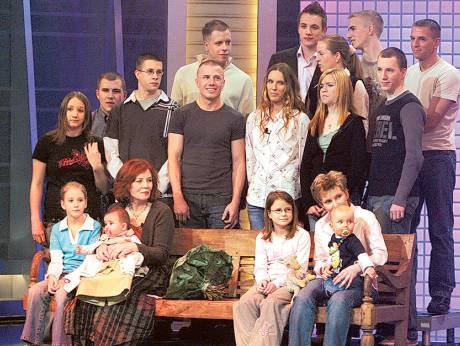
As more negative comments poured in, Raunigk continued to defend her decision. She slammed her critics in these words: “How does one have to behave at 65? They can see it how they want to, and I’ll see it the way I think is right.”
Despite the fierce debate around her decision, Raunigk said she felt fit enough and ready to look after all her children and wished to move to the small and quiet town of Hoexter in the state of NorthRhine-Westphalia to raise them.
Source: dailymail.co.uk, news.amomama.com
